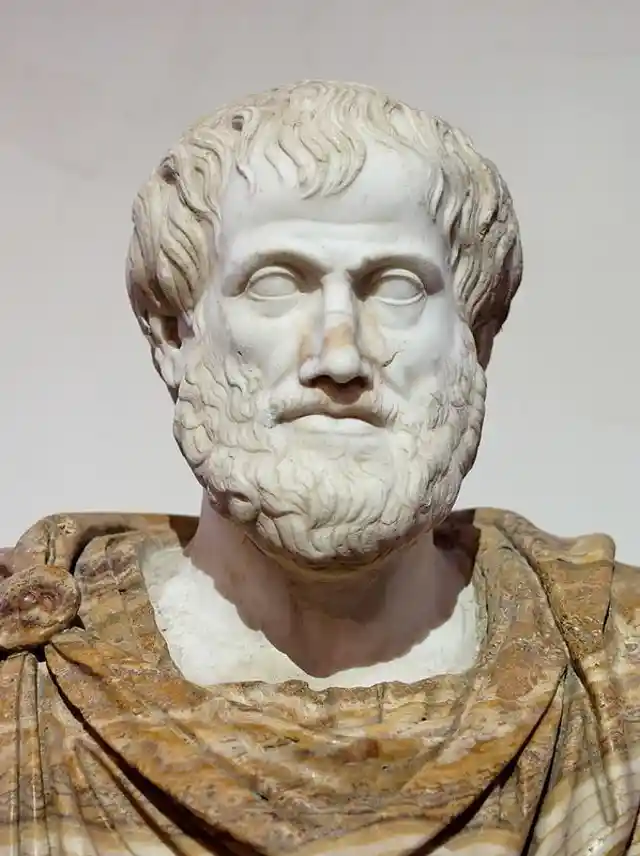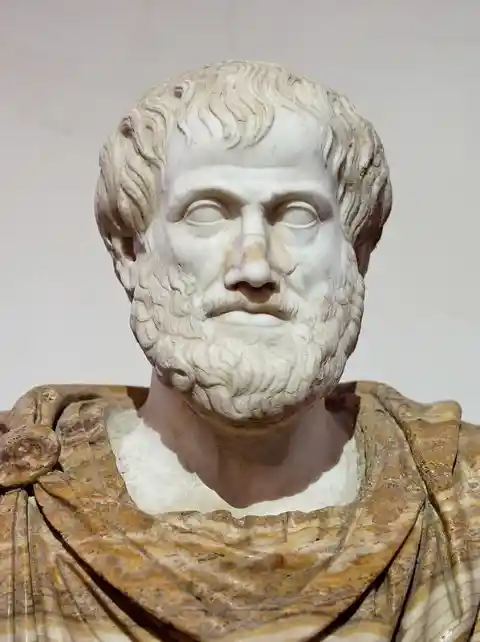Some issues are of all times. And why reinvent the wheel when wise Greek philosophers also thought about finding happiness two thousand years ago? Here are three wise lessons from Aristotle.


1. Pleasure puts you on track with what is good for you
The very things that give us pleasure are the things that help us realize our purpose. Do you have no idea what your destination is? Then first examine what gives you pleasure, because that puts you on track with your life purpose. Look at children: some like to make music, others are creative, and others build cabins all day.


2. You need friends to be happy
You can't be happy without friends around you. You have friends to have fun with, friends who are useful, and friends whom you admire for their approach to life. The latter is the best. They also keep you on your toes; you keep each other on your toes. As with happiness, friendship is a verb. It is reciprocal, which differs from love (you can love someone who does not love you). You have to be loyal, take the initiative, be there for them when they are having a hard time, and let them into your life. How to make friends? One of Aristotle's wise lessons: 'Do nice things without being asked - and don't brag about it afterward, because then you are doing it mainly for yourself.' And: you don't have to have lots of friends. Really good friends, you only have a few of them in your life.
3. You are what you repeatedly do
The last lesson teaches us that being good is not an attribute, it is a habit. You do not act well because you have virtue or are excellent, it is the other way around: you have those qualities because you have acted well. You become courageous by doing courageous things, kind by behaving kindly, and generous by giving things away. At first, it doesn't come naturally, you have to think about it. But the longer you do it, the easier it gets until it is automatic. In short: you have no fixed properties, but you get those properties by the things you do.